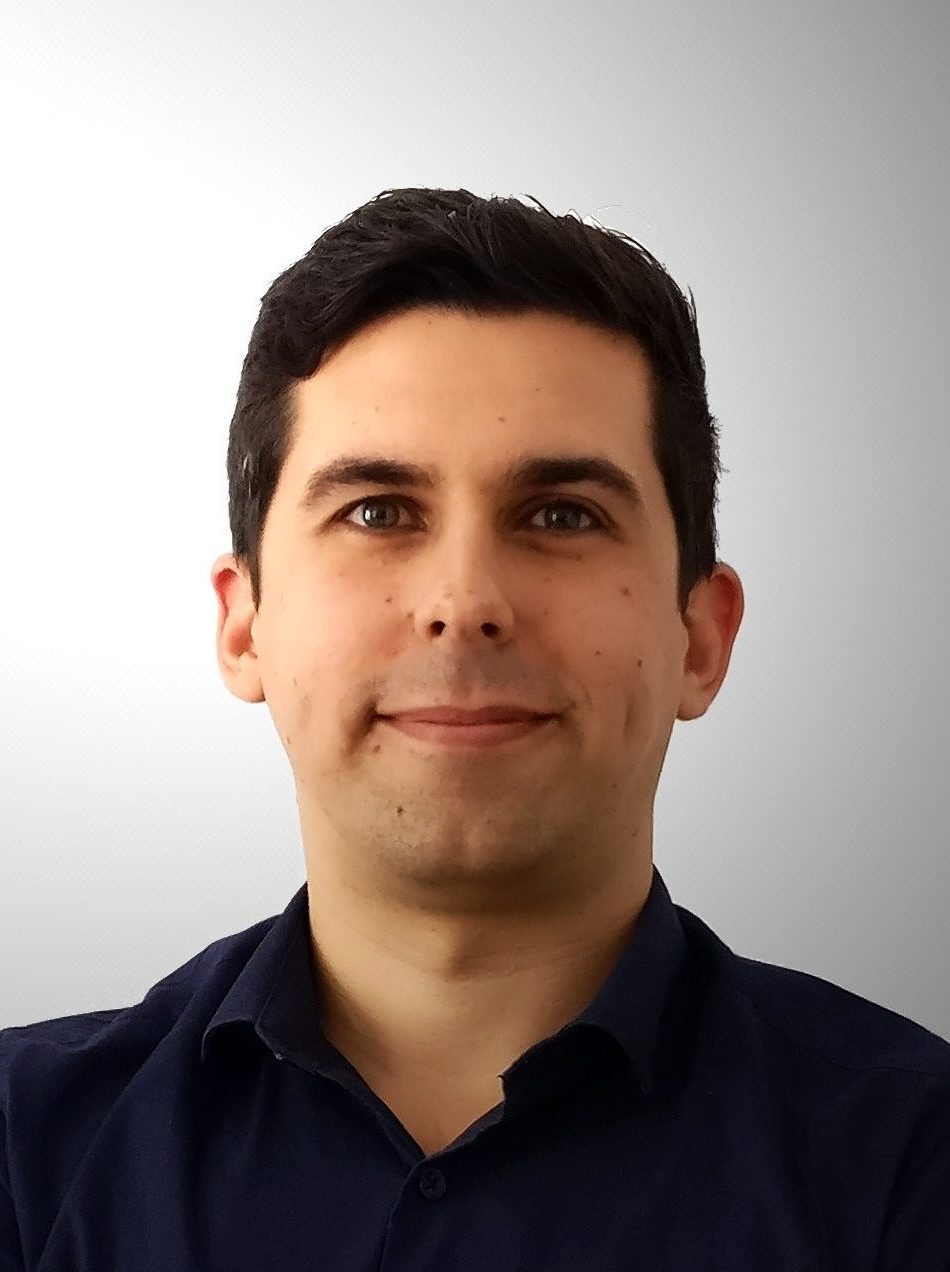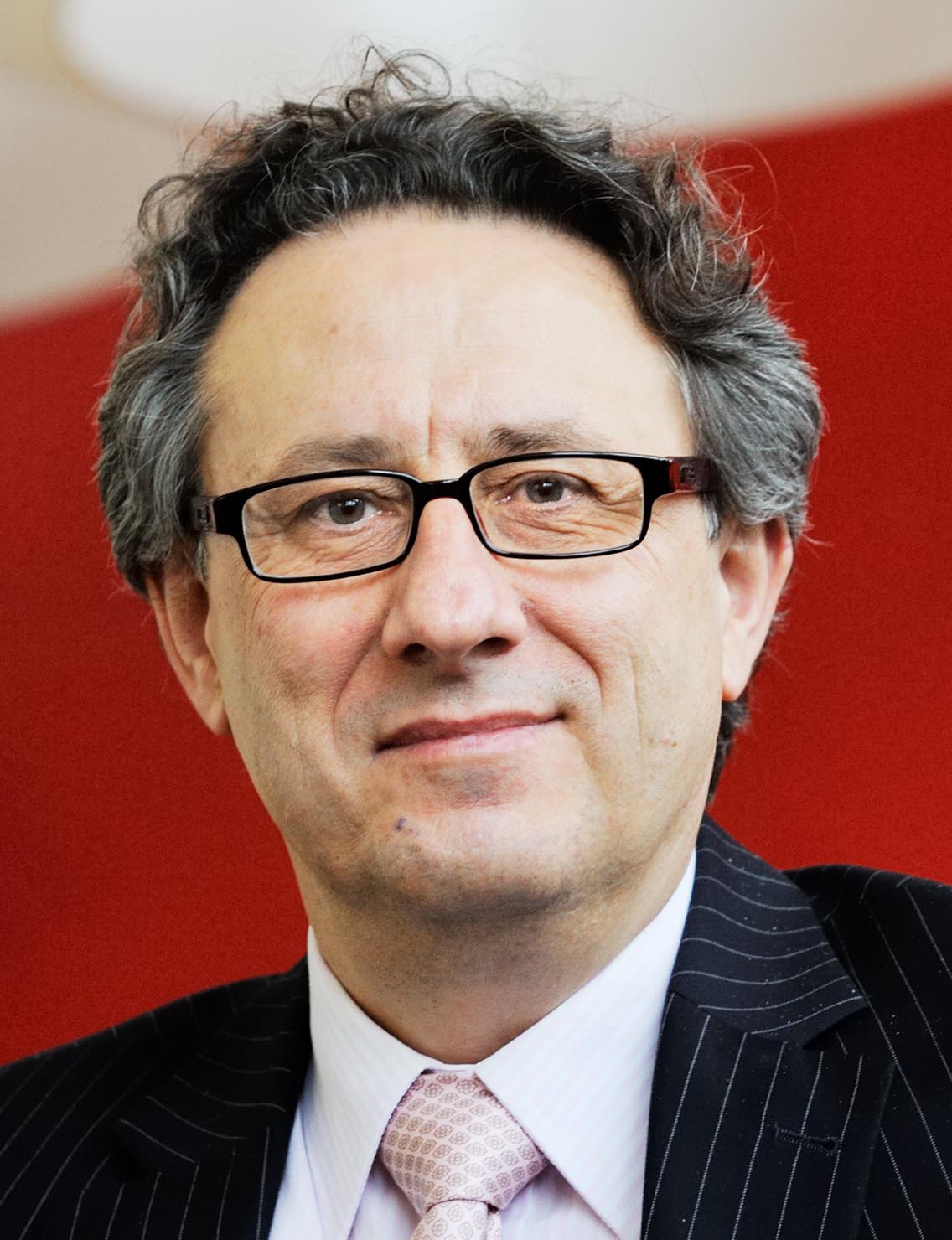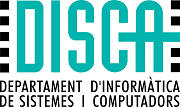
- Home
- Registration
- Program
- Committees
- For Authors
- Calls
- Call for Papers
- Call for PhD Track Papers
- Call for Special Sessions
- Serious game to improve the quality of life
- Assistive smart environments
- Open Challenges in online social networks
- Smart moving
- e-Health and m-Health Technologies for Ambient Assisted Living and Healthcare
- WhELP: Well-being for fragile people: methods and instruments for increasing, preserving and measuring frail people well-being
- Practical Info
- Sponsorship
- Help & Contact


Mobile Networks and Applications (MONET) Journal (IF: 2.390)
EAI Endorsed Transactions on Cloud Systems
EAI Endorsed Transactions on Serious Games
Learn more
Publishing Partner
Publication
Indexing


Discover Program and Accepted Papers
LORIOT, Switzerland
Eindhoven University of Technology, The Netherlands
Keynote speakers


- Objective community recognition - today
- Community mentorship and evaluation
- Top indexed research activities and innovation opportunities
Discover what only EAI can do for your career:
Publication
All registered papers are available through the ACM Digital Library .
Proceedings will be submitted for inclusion in leading indexing services, including Ei Compendex, ISI Web of Science, Scopus, CrossRef, Google Scholar, DBLP, as well as EAI’s own EU Digital Library (EUDL).
Authors of selected papers will be invited to submit an extended version to:
- Mobile Networks and Applications (MONET) Journal (IF: 2.390)
- Multimedia Tools and Applications Journal (IF: 1.541)
- Concurrency and Computation: Practice and Experience Journal (IF: 1.114)
All accepted authors are eligible to submit an extended version in a fast track of:
Additional publication opportunities:
Topics
- App concepts and technologies for different mobile platforms
- Blockchain for social good
- Communication between mobile devices
- Content Distribution
- E-learning solutions
- Data collection, organization and dissemination methods
- Delay-tolerant aerial networks and ferrying approaches
- Deployment and field-testing
- Digital tools for art and feelings
- Environment sensing, monitoring and preservation
- Experimental results of communication testbeds
- Game, entertainment, and multimedia applications
- Health and social care
- Human-object interaction
- ICT for development
- Mobile service architectures and frameworks
- Mobility and handover management
- New application scenarios for vehicular communications
- Pervasive and ubiquitous services in cloud and IoT
- Platforms and frameworks for mobile devices
- Privacy issues and solutions
- Protocol design, testing and verification
- Security issues, architectures and solutions
- Smart cities and transportation
- Smart economy solutions: e-banking, e-business
- Smart governance and e-administration
- Smart living and E-health
- Technology addressing the digital divide
About GOODTECHS 2019
By social good we refer to a “good” or a service that benefits the largest number of people in the largest possible way. Some classic examples of social goods are, of course, healthcare, safety, environment, democracy, and human rights, but we can add to this classic list even communication, art, entertainment and much more.
In this context, the popularity of portable computing devices, like smartphones, tablets, or smart watches combined with the emergence of many other small smart objects with computational, sensing and communication capabilities coupled with the popularity of social networks and new human-technology interaction paradigms is creating unprecedented opportunities for each of us to do something useful, ranging from a single person to the whole world. Furthermore, Internet of Things, Smart-cities, distributed sensing and Fog computing are representative examples of modern ICT paradigms that aim to describe a dynamic and globally cooperative infrastructure built upon objects’ intelligence and self-configuring capabilities. These connected objects are finding their way into our pockets, vehicles, urban areas and infrastructure, thus becoming the very texture of our society and providing us the possibility, but also the responsibility, to shape it.
In GOODTECHS we are hence interested in experiences with the design, implementation, deployment, operation and evaluation of smart objects and technologies for social good. Clearly, we are not considering only the so called first world as the scenario for this evolution; we also refer to those areas where ICT is currently less widespread, hoping that it may represent a societal development opportunity rather than a source for further divide.
The event is endorsed by the European Alliance for Innovation, a leading community-based organisation devoted to the advancement of innovation in the field of ICT.
About EAI
This event is organized by EAI.
EAI – European Alliance for Innovation is a non-profit organization and a professional community established in cooperation with the European Commission to empower the global research and innovation, and to promote cooperation between European and International ICT communities.
EAI’s vision is to foster excellence in research and innovation on the principles of transparency, objectivity, equality, and openness. Our guiding principle is community cooperation to create better research, provide fair recognition of excellence and transform best ideas into commercial value proposition.
EAI‘s mission is to create an environment that rewards excellence transparently, and builds recognition objectively regardless of age, economic status or country of origin, where no membership fees or closed door committees stand in the way of your research career.
Through these shared values, EAI leads the way toward advancing the world of research and innovation, empowering individuals and institutions for the good of society to fully benefit from the digital revolution.
Important dates
Full Paper Submission deadline
1 May 2019 [closed]
Notification deadline
1 June 2019 [closed]
Camera-ready deadline
8 July 2019 [closed]
Start of Conference
25 September 2019
End of Conference
27 September 2019
Previous GOODTECHS editions
2018 – Bologna, Italy
2017 – Pisa, Italy
2016 – Venice, Italy
2015 – Rome, Italy
Sponsors


